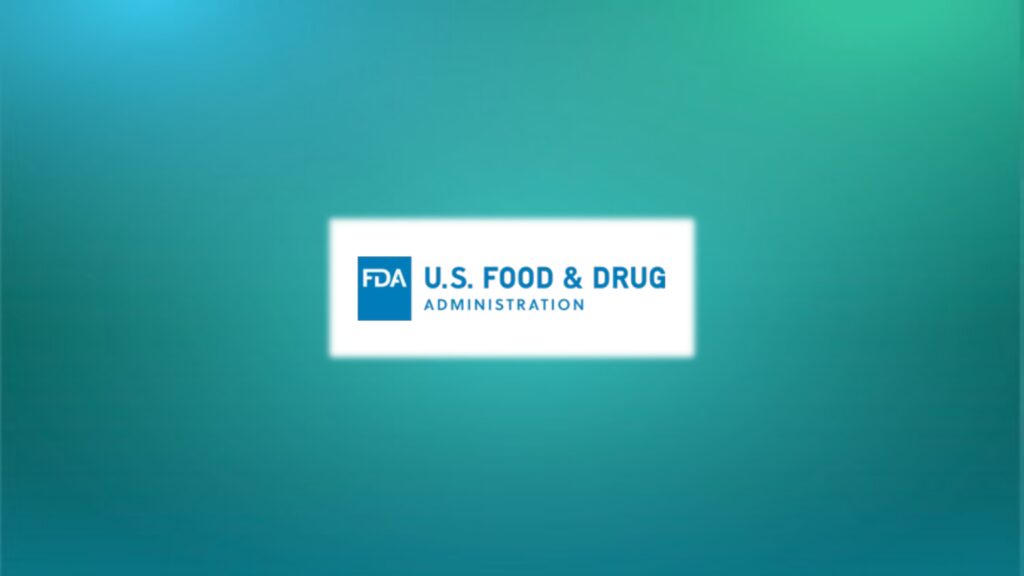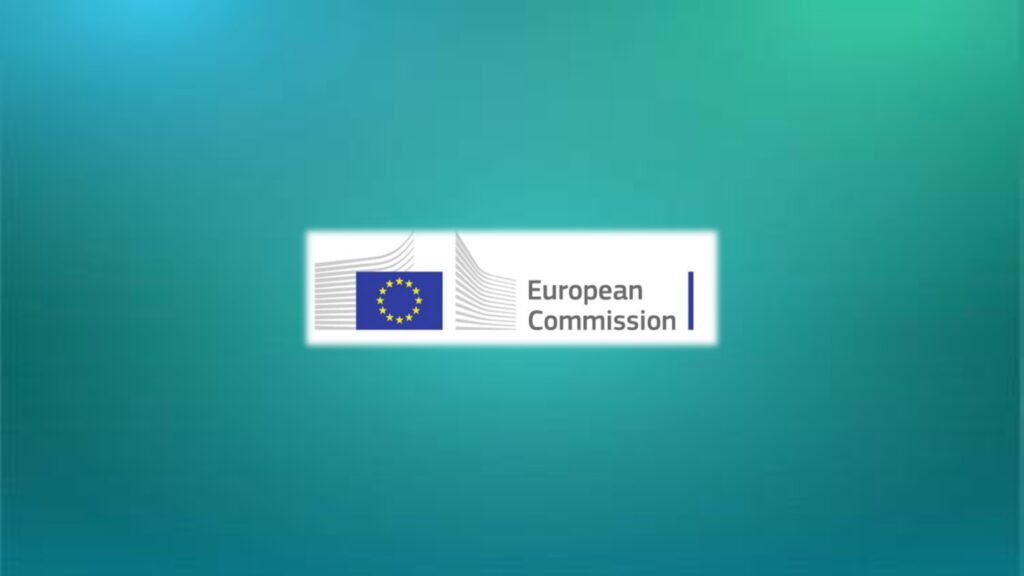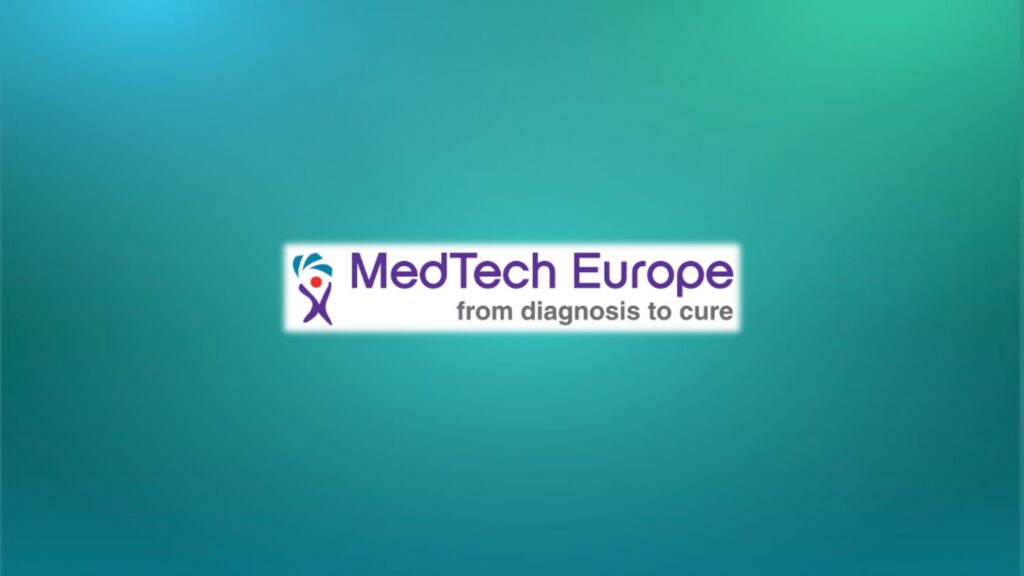In its latest Position Paper (October 2025), MedTech Europe urges regulators and Notified Bodies to adopt a risk-based and proportionate approach to Post-Market Clinical Follow-up (PMCF) activities for medical devices under the MDR 2017/745. Manufacturers report growing pressure from authorities and Notified Bodies to conduct PMCF clinical investigations for nearly all devices — even long-established, low-risk technologies. MedTech Europe argues that this contradicts the MDR’s intent to align clinical evaluation with risk management and may unnecessarily strain healthcare professionals, patients, and innovation capacity. Main concerns MedTech Europe calls for: A proportional PMCF system ensures safety remains verifiable — without compromising the availability of proven, safe devices. More info: https://www.medtecheurope.org/resource-library/risk-based-approach-post-market-clinical-follow-up/ At IPN, we help manufacturers design and implement PMCF plans that are data-driven, proportional, and regulator-ready, integrating clinical evaluation, PMS, and risk management effectively.



